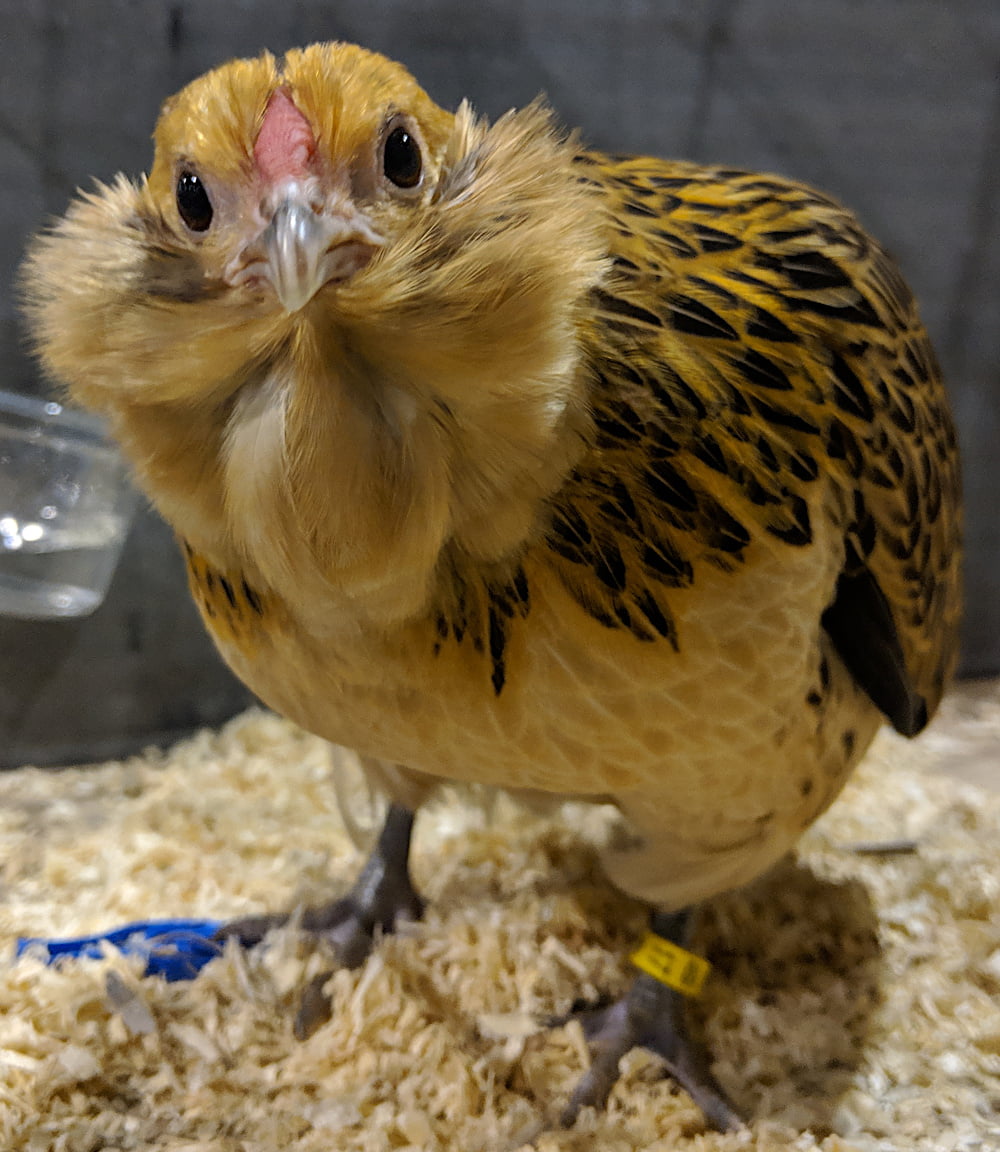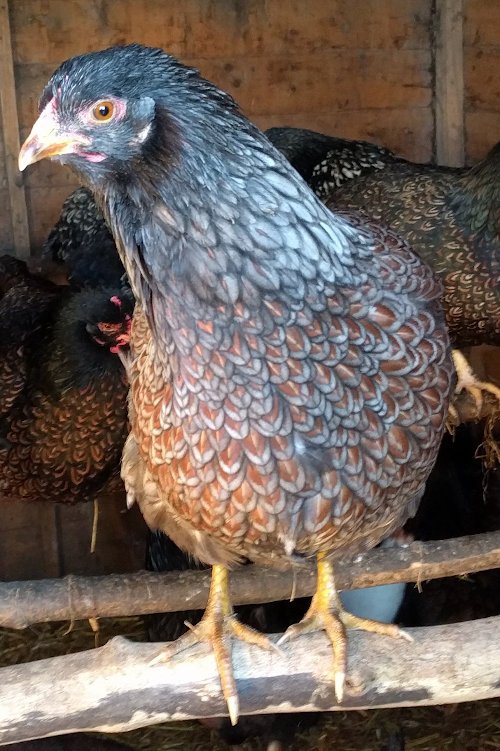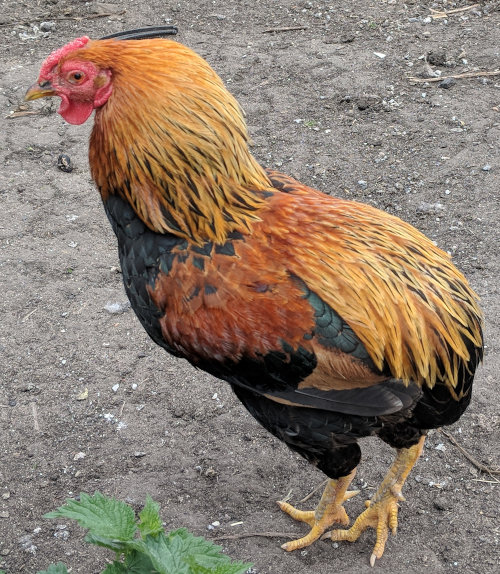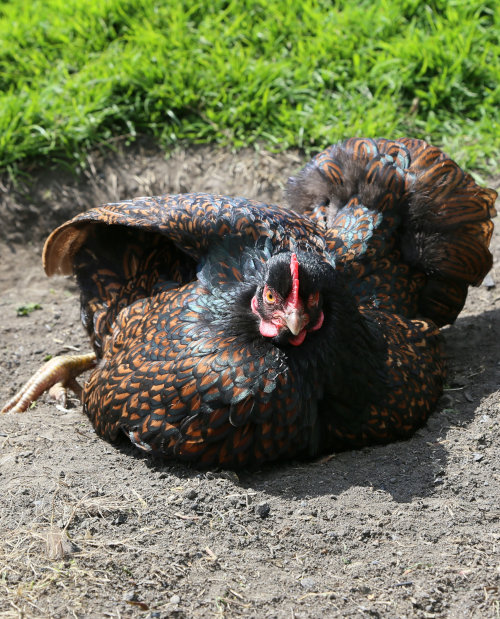The five freedoms and what they mean for chicken keepers.

What are the five freedoms?
The five freedoms are:
- Freedom from Hunger and Thirst means that you need to supply clean and fresh water and a suitable diet to maintain health.
- Freedom from Discomfort means you need to provide appropriate accommodation, bedding and an area suitable for exercise with sound fencing.
- Freedom from Pain, Injury or Disease means that you need to prevent disease as far as you can and have any conditions, illnesses or problems rapidly diagnosed and treated. Includes vaccination where appropriate
- Freedom to Express Normal Behaviour means your flock needs to have the right amount of floor space, perching, scratching and nesting areas.
- Freedom from Fear and Distress means that your chickens need to live in a secure area so as they are not pestered by predators or treated in a cruel manner
Who created the five freedoms?
The five freedoms were developed by Britain's Farm Animal Welfare Council in 1965 and adapted by the Association of Shelter Veterinarians for companion animals in shelters.
Are the five freedoms part of the law?
Yes and no, and it depends on where you live. In the UK the phrase in the law is "The government consults with Farm Animal Welfare Committee (FAWC) to produce specific guidance for the care of animals"
While the 5 freedoms are not written specifically into law they are used as the basis of good care for all livestock and poultry is no exception.
Animal welfare legislation covers how poultry is:
- Kept on a day to day basis.
- Transported and moved around.
- Sold at markets.
- Slaughtered.
What is animal welfare and why is it so important?
Animal welfare is concerned with the treatment, well-being and on-going care of non-human animals.
Below: Roosting is a natural behaviour in chickens and should be encouraged. Scratching and nesting are also important for the well being of chickens.

It is important on many levels as consumers are rightfully concerned with how the animals that produce their food are treated. It is well known, for example, that happy free range chickens produce better eggs.
Do the 5 freedoms apply to backyard flocks and pet chickens?
Absolutely they do. All chickens and poultry are classified as livestock in the eyes of the law, even if you only have 3 chickens as family pets.
All poultry is governed by the animal welfare act and all chickens, including bantams are classed as poultry and the number of birds you have makes no difference.
What do the five freedoms mean for chicken keepers?
You need to provide your chickens with clean fresh water on a daily basis.
Chickens must be fed a complete and balanced diet which keeps them in good health. This included limiting treats and complying with the law on feeding scraps.
You must provide a safe place to keep your flock.
Below: Video about the five freedoms and what they mean for chickens and their keepers.
You must do your best to keep your chickens healthy and treat them quickly if they require it.
Below: Sick birds must be treated.

To exhibit their natural behaviours chickens must have an area to scratch, dust bathe, perch, roost and nest.
They should not be stressed by their keeper or their environment and must be transported in the correct manner.
In the UK you can be fined £20,000 or get 6 months custodial for setting off fireworks near livestock and causing distress.
Why are the 5 freedoms important?
The 5 freedoms set basic minimum standards for animal welfare. They are important because every consumer needs to know that their food has met basic standards.
For backyard chicken keepers they should be seen as the lowest starting point in how you look after your flock.
How do poultry keepers comply with the 5 freedoms?
Defining chicken welfare is not always easy as circumstances and care requirement differ between breeds and sizes.
Below: Chickens need access to fresh air, sunshine and dust baths.

Serama bantams will need more protection than the Brahma, so there is some leeway in how you look after your birds.
There is a line between care and overdoing things. All chicken keepers I know struggle with mud in the winter and their flock gets dirty feet from time to time. There is a difference between dirty feet and living in a muddy mess for months on end.
